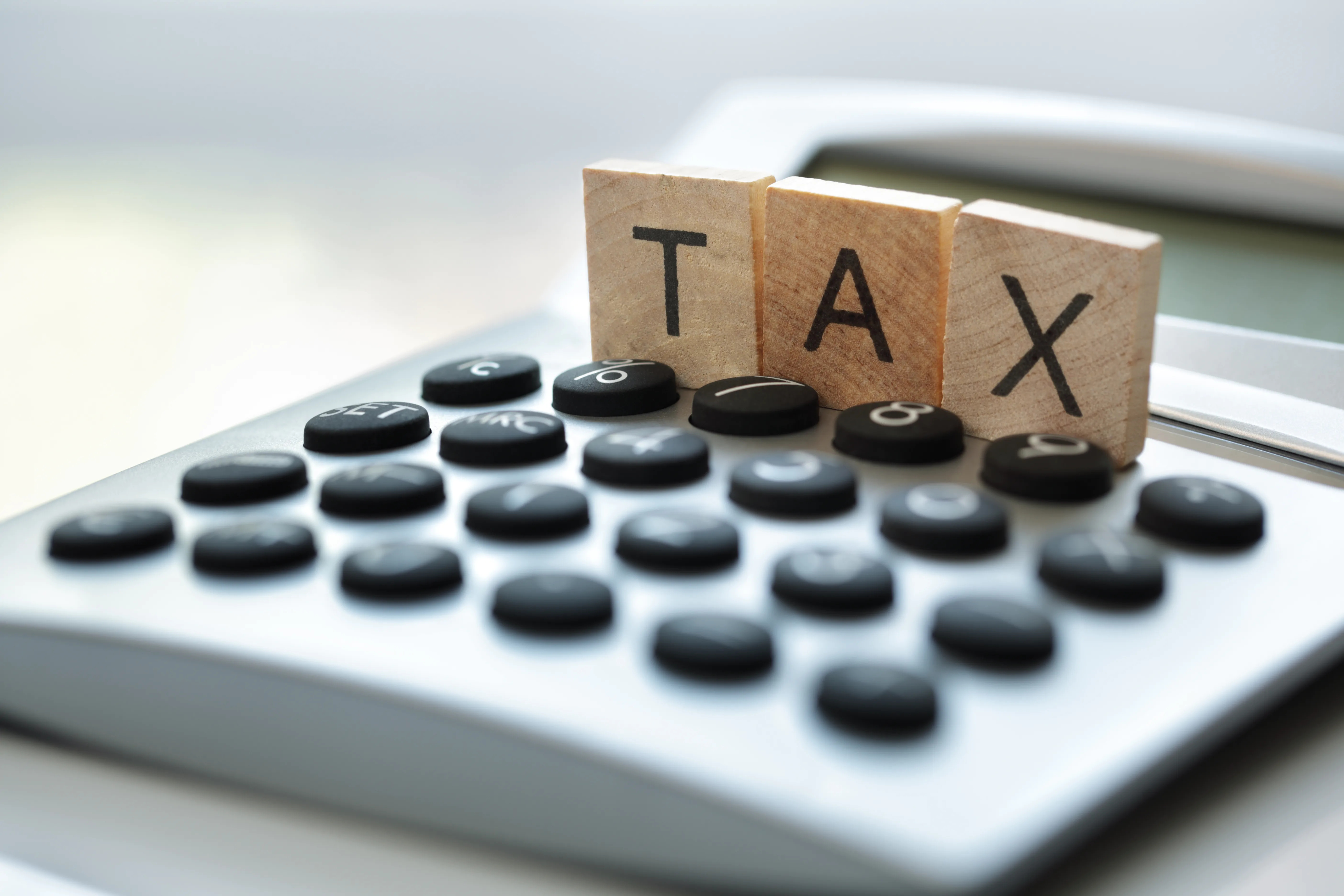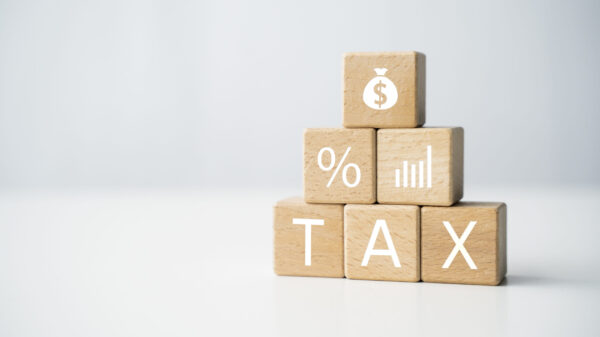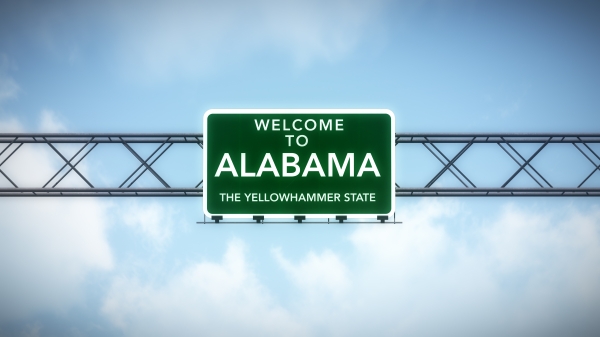|
Getting your Trinity Audio player ready...
|
The Alabama Constitution of 2022 represents a significant step forward in addressing some of the state’s historical inequities, mainly by removing racist and unconstitutional provisions from the 1901 Constitution. Thomas Spencer, senior research associate for the Public Affairs Research Council of Alabama, says that the new version of the Constitution still leaves the state’s tax system essentially unchanged, perpetuating many of its predecessor’s problems, particularly in how taxes are allocated, a PARCA report finds.
One of the most significant issues highlighted is the inequity of Alabama’s tax system. Alabama remains one of the lowest tax-collecting states in the U.S. The state and local governments consistently collect less per capita in taxes than almost all other states. In 2023, Alabama ranked 49th in per capita tax collections, just ahead of Tennessee, a neighboring state with similarly low tax rates.
This low tax collection has impacted public services. Due to the state’s limited tax base, Alabama has far less revenue to spend on crucial public services like education, healthcare, public safety and the justice system.
“If you compare our state and local spending to other states, we’re in the 40s. We spend less than most other states and we’d probably be farther down if the federal government didn’t send us a lot of supplemental money because we are disproportionately poor,” said Spencer.
The state’s reliance on low property taxes is a core feature of its tax system. Alabama’s constitution places strict limits on property taxes, meaning that local governments have very little flexibility in raising property tax rates to meet the growing needs of their communities.
In many states, legislators and local governments have the power to adjust taxes as needed to respond to changing conditions. In Alabama, however, the state’s constitution imposes strict procedural requirements for increasing property taxes. For a property tax increase to occur, the local government must first approve it, then it must be approved by the local legislative delegation, and finally, the increase must be ratified through a public referendum.
As a result, Alabama’s local governments are forced to rely more heavily on sales taxes, which are inherently regressive. The state has some of the highest combined state and local sales tax rates in the country, with a weighted average of 9.29 percent. While the state made a small step toward equity by reducing the sales tax on food in 2023, with another decrease working through the legislature now, the change is limited and has not addressed the broader issues of regressive taxation.
Moreover, Alabama’s system of earmarks, which directs revenue to specific uses, further limits the flexibility of the state to address its most pressing needs. The state earmarks more of its revenue than any other state. For example, gas taxes are restricted to funding road construction, which prevents the state from using those funds to support other transportation needs, such as public transit.
“We don’t enjoy that because of a constitutional provision written by, you know, the road builders and ratified by the people years and years ago with probably not a lot of thought as to what the world would look like later on,” said Spencer.
In terms of education, Alabama spends more on higher education than most states. Over half of the revenue for higher education comes from student tuition, not tax revenue. This reliance on tuition makes college less affordable, particularly for low-income families. Alabama’s in-state tuition is the second highest in the Southeastern U.S., and the state provides less financial aid than its neighbors, making higher education a greater financial burden for families with low incomes.
“We’ve had pretty phenomenal growth in those categories, in supporting education, higher education, but when the economy goes south, which there are apparently some red lights going on right now, that is the first to fall,” said Spencer.
The state’s tax system is also hindered by an imbalance in revenue sources. A fair and efficient tax system is generally based on a balanced approach that relies on a mix of property, sales and income taxes. However, Alabama’s system is overly reliant on sales taxes, which are less stable and more regressive than property taxes or income taxes. Because property taxes are difficult to raise, and income taxes are less developed in the state, the tax burden falls most heavily on lower-income residents.
“I think the point in our free market society is we want people to be able to sustain themselves, and if they’re out earning a living, they should be able to keep that money and support themselves and support their families and build a better life,” said Spencer.






















































